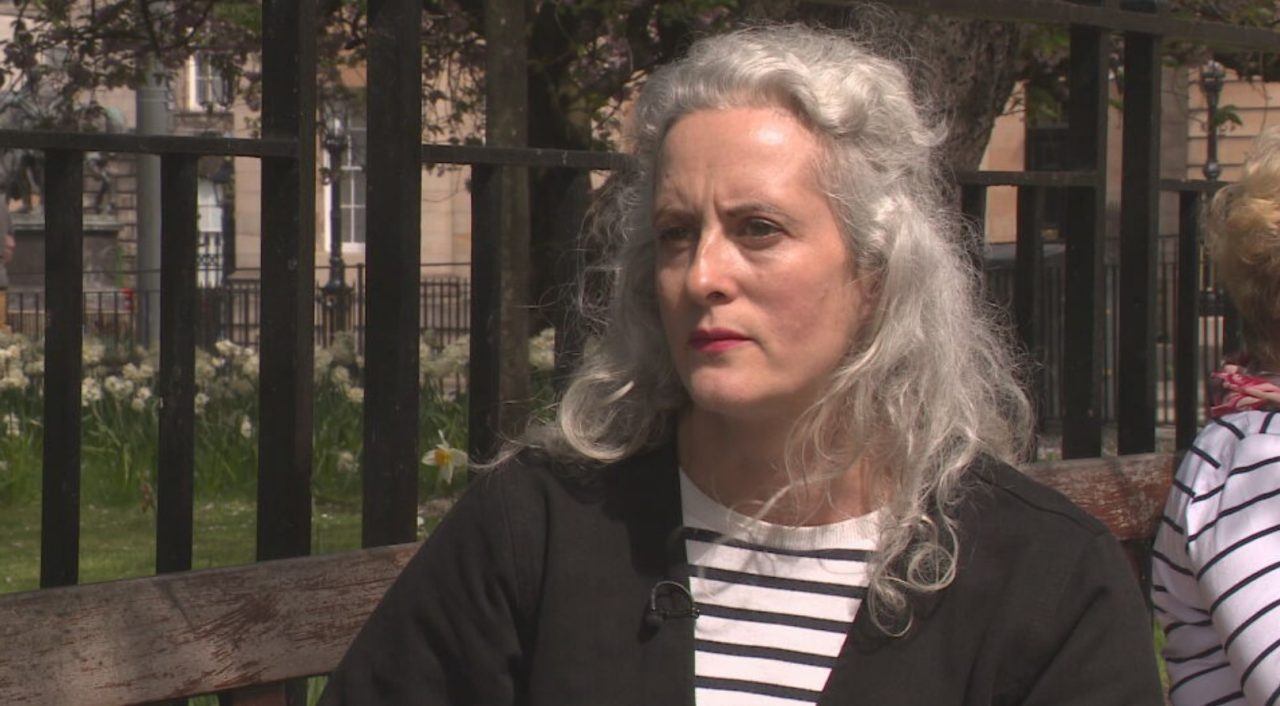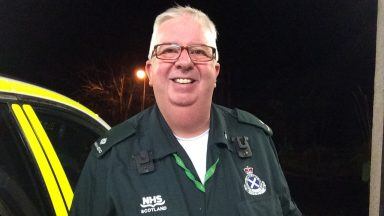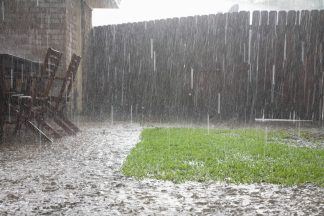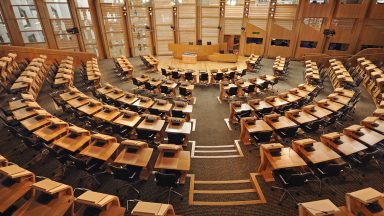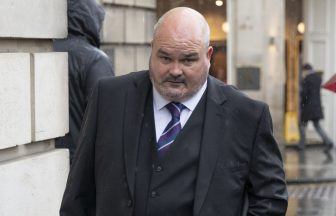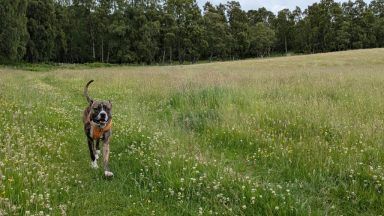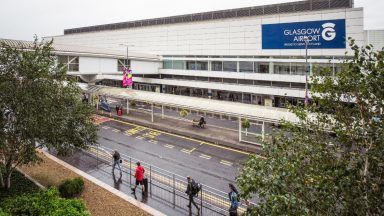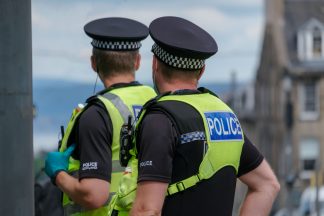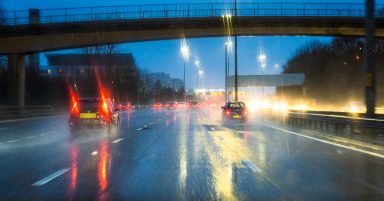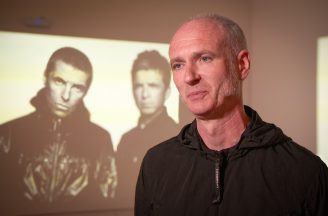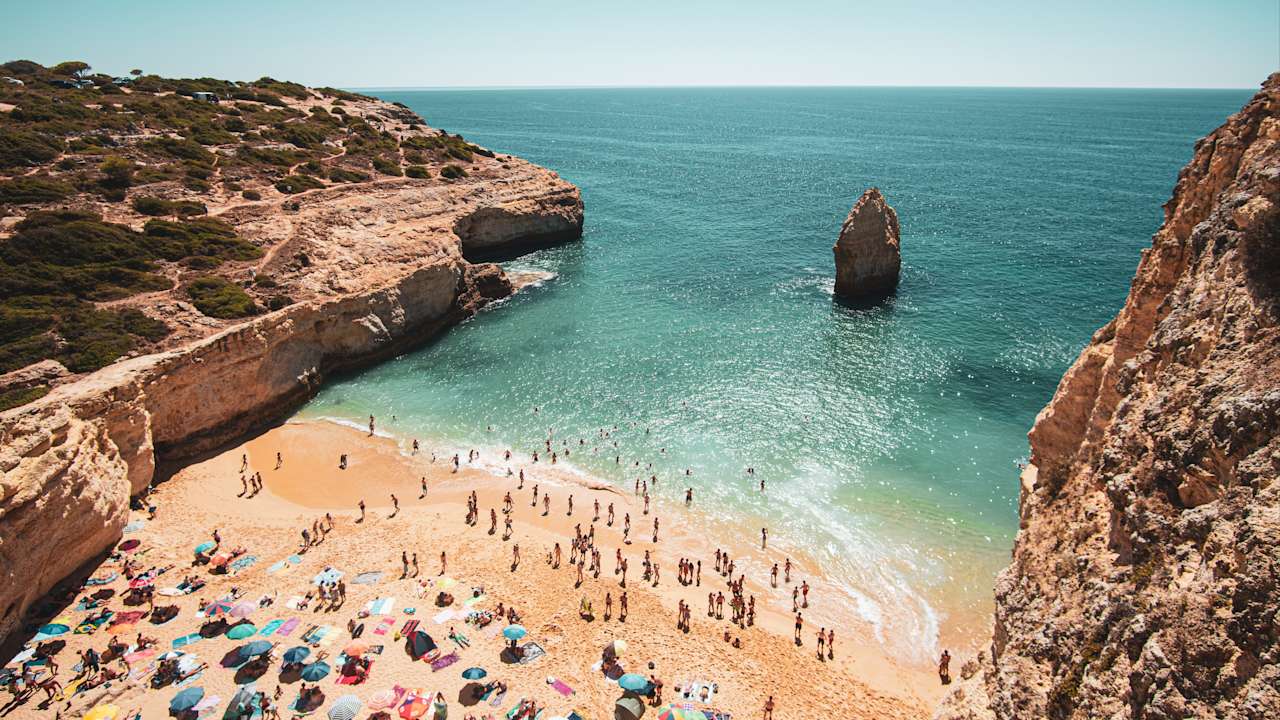A mum who lost her teenage daughter to an accidental overdose a decade ago has backed calls for drugs to be decriminalised in the UK.
Martha Fernback was 15 when she died after taking half a gram of 91% pure MDMA – “enough for five to ten people” – in July 2013 after visiting her local kayaking club in Oxford.
She died three days later in hospital after suffering a cardiac arrest.
Irvine-born Anne Marie Cockburn has spent the years since her girl’s death campaigning for changes to drug laws in line with other European countries such as Portugal and Switzerland.
She joined campaigners to discuss regulation of the drug market in Edinburgh on Thursday.

Ms Cockburn told STV News: “The nature of teens is to rebel a bit. We’ve had 50 years of prohibition being in place and all it does it create a lucrative black market. Those individuals don’t care about your wellbeing.
“Decriminalisation saves lives. It stops people from dying the way Martha died.
“If she could have taken drugs with a label, ingredients and a recommended dosage she could have made an informed choice and live to tell the tale of what she did that day.
“Instead at 15, she is lying in a grave in Oxford.”
Scotland continues to have the highest drug death rate recorded by any other country in Europe according to the National Records of Scotland statistics.
The most recent figures show an increase towards the ends of 2022, with 109 deaths in November alone.
Portugal decriminalised the personal use and possession of all illicit drugs in July 2001 as part of wider health-centred policy reforms and instead treats it as an administrative offence, meaning it is no longer punishable by imprisonment and does not result in a criminal record.
Drug deaths and the rates of drug use have remained consistently below the European average since its introduction.
Drug death rates in Portugal remain some of the lowest in the EU, with six deaths per million among people aged 15-64, compared to the EU average of 23.7 per million, according to the 2020 European Drug Report.
There are an estimated 315 deaths per million aged 15-64 in Scotland – over 50 times higher than the Portuguese rates.
Campaigners argue harm reduction and treatment provision rather than criminal justice will help tackle Scotland’s growing drug deaths crisis.
“Martha has become one of those statistics, but to me she meant the world,” Ms Cockburn said.
“The deaths are increasing every year. The blight on our society is getting worse.
“We can’t be idealistic; we need to use the evidence and be brave with it.
“Every day I wake up without Martha, I have to be brave.”

All Ms Cockburn has left of her daughter’s last living moments was a pair of her shoes, handed back by police in a school bag.
She carries the trainers around as a reminder that there is no one else to stand in her little girl’s place and advocate for her.
She said: “My time as a mother ended that day. As a parent it’s your worst fear happening.
“It’s no man’s land – I don’t want other people to know what this feels like.
“I tell this story so much and it’s painful. It’s not enjoyable for me, but I do it on behalf of Martha because she can’t represent herself.”
She added: “It’s not about a free-for-all or promoting drug taking for children, it’s about reducing harm.
“One death is one death too many.”
Follow STV News on WhatsApp
Scan the QR code on your mobile device for all the latest news from around the country


